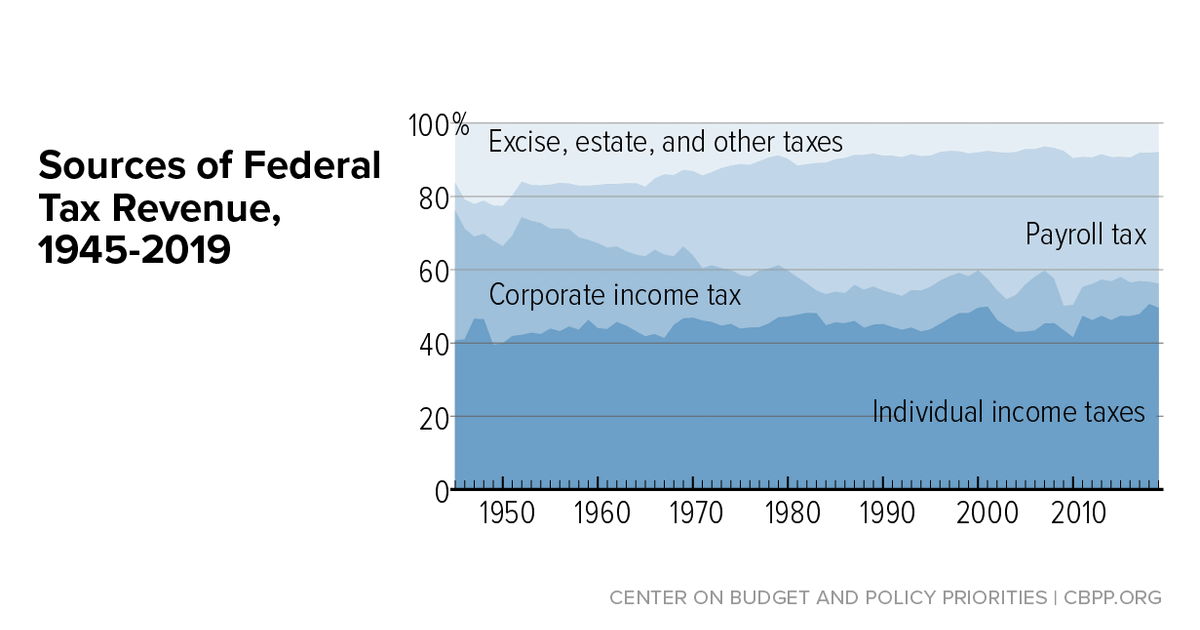danielpalos
Diamond Member
- Banned
- #721
It must. Simple math simply doesn't lie.It always raises more tax revenue, You are debating a person that has no clue what they are talking about. and these clowns idea that $15 goes back to being the same as $7.25 in a short time is bullshitWouldn't it depend on taxes generated? (Income Tax Calculator 2021 - USA - Salary After Tax)You confuse tax cut economics with an outlay for fiscal multiplier purposes. Tax cuts tend to benefit the richest the mostest simply because they don't tend to spend most of their realized gains creating more demand, as Labor as the less wealthy must under our form of Capitalism.You confuse crowding with the multiplier. Any multiplier to have any effect must overcome any deficit from crowding.There is no multiplier on government welfare there never was
There is no multiplier on MW increases in salary.
If you're going to use a term at least use it correctly. In economics the concept of a multiplier is used for money deposited into banks then lent out.
And it never does since the government always runs at a deficit.
The concept of an economic multiplier is only applicable to money deposited in banks and then lent out.
I'm not confused at all.
There is no way any extra tax revenue from a MW increase will ever lessen the deficits we run
A hypothetical wage earner making around 15 thousand a year would pay approximately $260 in taxes.
A hypothetical wage earner making around 30 thousand a year would pay approximately $1,915 in taxes.
A hypothetical wage earner making around 40 thousand a year would pay approximately $3,115 in taxes.
Let's assume there are approximately 84 million people making the minimum wage now.
84 million times $260 equals $21,840,000,000
84 million times $1,915 equals $160,860,000,000
84 million times $3,115 equals $261,660,000,000
Thus, raising the minimum wage can raise more tax revenue versus simply taxing businesses.

Denmark McDonald's Workers Get Paid Vastly Higher Wages
McDonald's has warned that wage increases in the U.S. would force franchisees to raise menu prices.www.businessinsider.com
It always raises more tax revenue,
No it doesn't.
